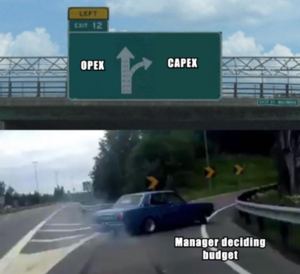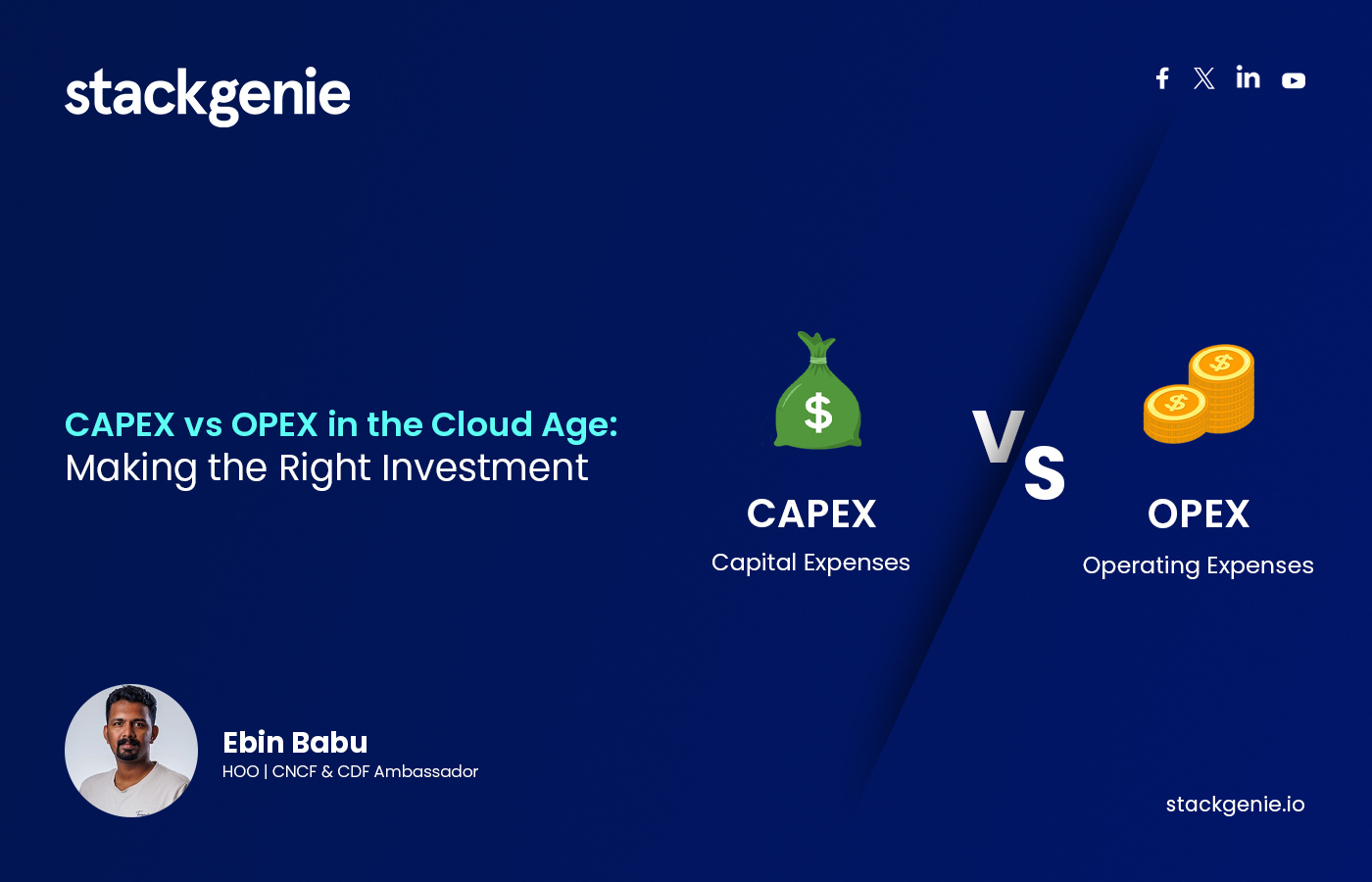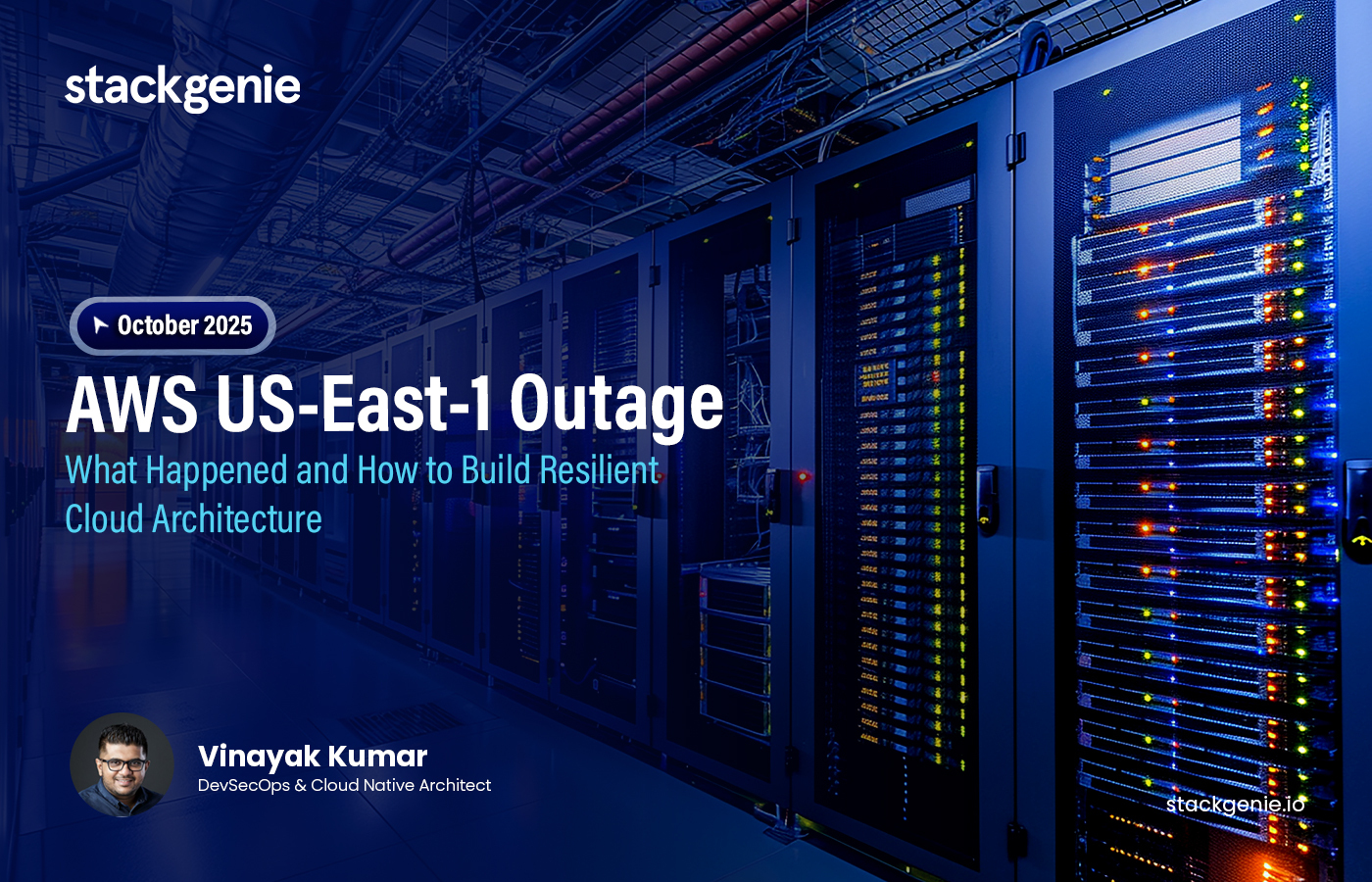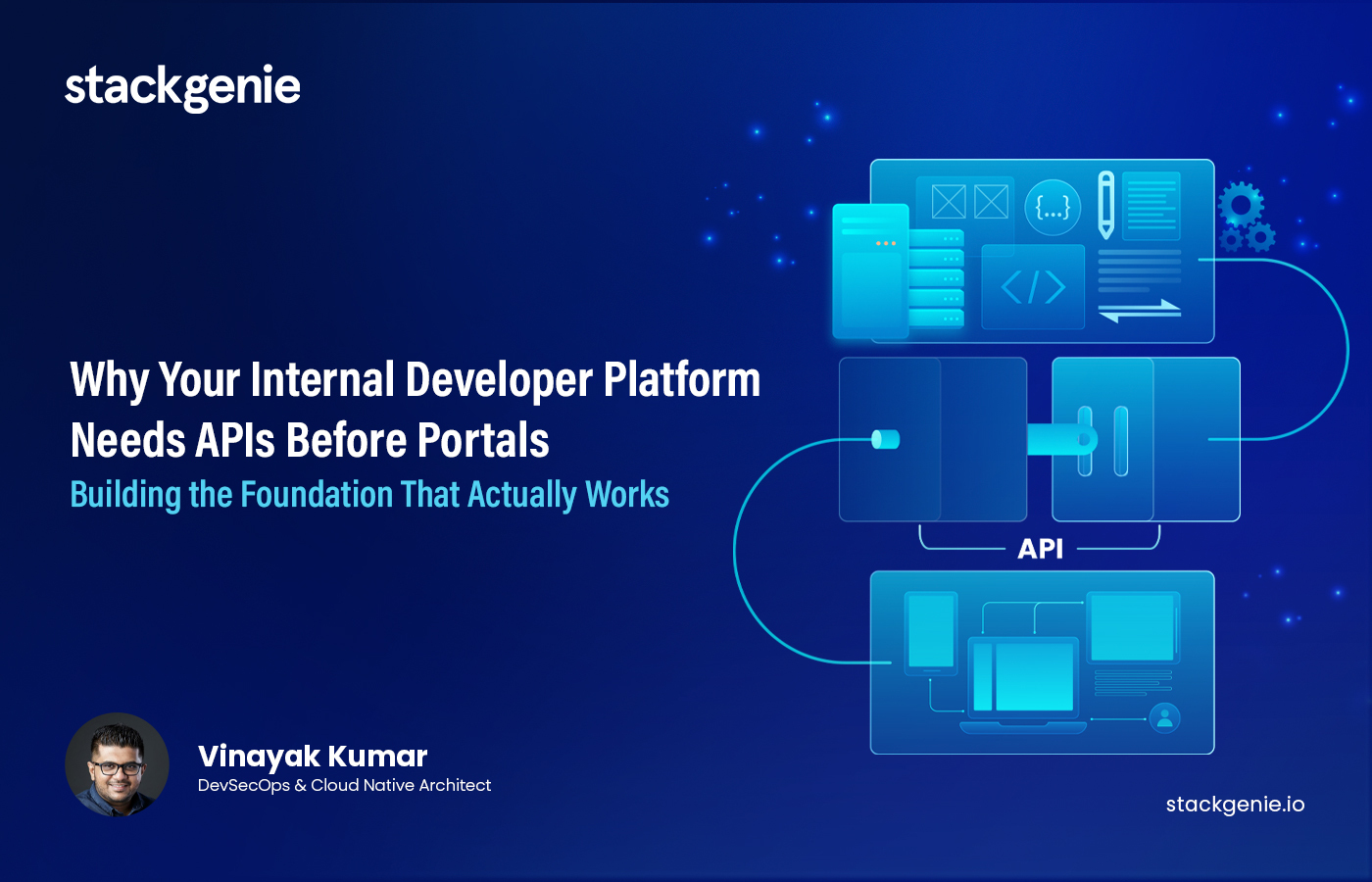In the ever-changing world of cloud computing, companies think about investments and costs in modern ways. The old debate between CAPEX (Capital Expenditures) and OPEX (Operating Expenditures) has come back to life, especially when choosing between cloud adoption and on-premises infrastructure.
In business and money management, CAPEX and OPEX are two different ways to use resources and handle costs.

Making it more simpler, CAPEX is like buying a house. You make a big payment upfront, and then you own the house.
OPEX is like renting an apartment. You pay a smaller amount each month, and you don’t own the apartment.
In the cloud, CAPEX is like buying servers and storage. You make a big payment upfront, and then you own the equipment.
OPEX is like renting servers and storage from a cloud provider. You pay a smaller amount each month, and you don’t own the equipment.
There are pros and cons to both CAPEX and OPEX. CAPEX can be more cost-effective in the long run, but it requires a larger upfront investment. OPEX is more flexible and scalable, but it can be more expensive in the long run.
The best choice for your business depends on your specific needs and budget. If you need a lot of control over your infrastructure, then CAPEX may be a better option. If you need more flexibility and scalability, then OPEX may be a better option.
In this article, we’ll break down the differences between CAPEX and OPEX in the cloud and why companies might choose one over the other.
CAPEX and OPEX: A Brief Overview
CAPEX (Capital Expenditures)
Capital Expenditures are the upfront investments in physical infrastructure or equipment that typically result in ownership. These assets are depreciated over their useful lifespan.
OPEX (Operating Expenditures)
Operating Expenditures are the ongoing costs to manage and run applications or services. These include utilities, rent, and licensing fees.
CAPEX in the On-Premises World
Traditionally, businesses relying on on-premises IT infrastructure have leaned heavily on CAPEX:
- Upfront Investments: Businesses invest in physical hardware—servers, data centers, network devices, and more.
- Long-term Use: The goal is to utilize the equipment for its entire lifecycle.
- Maintenance Costs: While the initial investment is high, businesses retain direct control over their hardware and can manage maintenance in-house or through vendor contracts.

Cloud and the Shift to OPEX
With the advent of cloud computing, the model has shifted towards OPEX:
- Pay-as-you-go: Businesses only pay for the computing resources they consume, eliminating upfront costs.
- Flexibility: Easily scale up or down based on demand without incurring unnecessary costs.
- No Ownership Worries: There’s no need to worry about hardware lifecycles, obsolescence, or maintenance.
Benefits of an OPEX Cloud Model
- Cash Flow: By not tying up capital in hardware, businesses can allocate funds to other strategic initiatives.
- Tax Efficiency: OPEX costs can often be deducted in the same fiscal year, offering potential tax benefits.
- Staying Current: With the rapid pace of technological advancement, an OPEX model allows businesses to always have access to the latest technology.
Why Some Still Prefer CAPEX for On-Prem
- Control: Complete control over the environment, which might be necessary for specific regulatory or data-sensitive scenarios.
- Predictable Costs: While the initial outlay is substantial, costs can become relatively predictable after setup, especially if there aren’t any drastic scaling needs.
- Physical Security: Having on-site hardware can give some businesses peace of mind.
Comparison CAPEX Vs OPEX


Conclusion
Choosing between CAPEX and OPEX is not just a financial decision; it’s a strategic one. While the cloud and its OPEX model offer unparalleled flexibility and scalability, CAPEX and on-premises setups still have their place for businesses needing enhanced control. The key is to evaluate the unique needs and growth trajectory of your business.
Still confused about CAPEX and OPEX, or need expert advice to make a better decision?
Consult with stackgenie’s cloud experts for tailored guidance that aligns with your business goals. Let us help you navigate this critical decision to ensure your IT strategy supports your long-term success.


